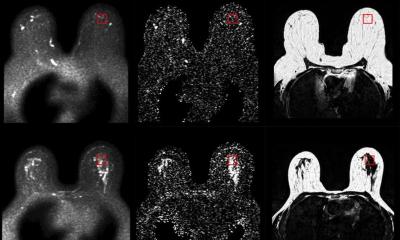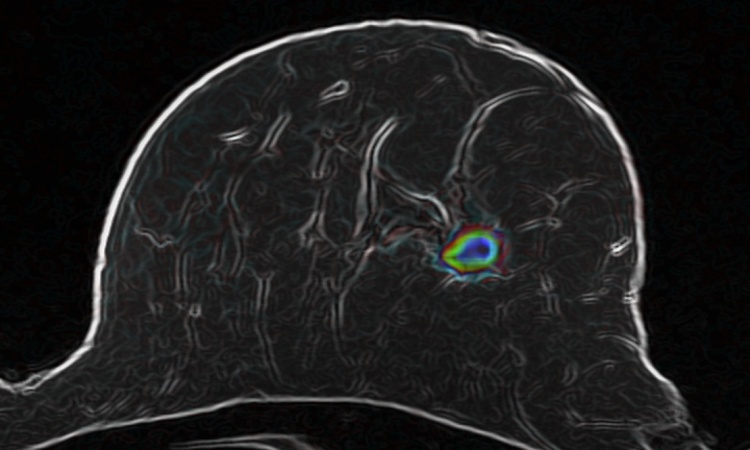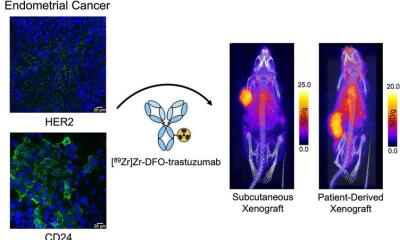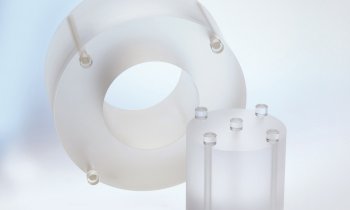Breast cancer
The charity Cancer Research UK reports that the number of breast cancer diagnoses in under 50-year-old women each year in the UK has exceeded 10,000 for the first time.

According to new figures, with the total number of new cases now approaching 50,000, the latest data reveals that a fifth are in younger women. 7,712 women under 50 were diagnosed with the condition in 1995 but by 2010 that had risen to 10,068 women, with the corresponding incidence rates rising by 11%.
The rise reflects an overall steady increase in the numbers of breast cancer cases diagnosed in women of all ages in this country – an 18% growth in incidence rates over the same time period, up from 37,107 women of all ages diagnosed with the disease in 1995 to 49,564 women in 2010.
Jessica Harris, at Cancer Research UK, said: ‘Breast cancer rates are rising in all age groups, it is not just in under 50s, and eight of 10 cases are still in women over 50. But it’s important for us to bring this to light because there is a significant minority of woman who are being diagnosed at younger ages.’
The reason is not clear but, according to the charity, increasing alcohol intake and hormonal factors, e.g. having fewer children and later in life, and an increased use of the contraceptive pill may play a role. ‘Things we’d suggest for people to reduce the risk are to cut down on alcohol, keep a healthy weight and also be physically active,’ Jessica Harris said. ‘Women should get to know their body and what is normal for them and if they should get breast cancer at any age they will be more likely to spot symptoms and have them checked out early.’
However, nowadays fewer than ever women under the age of fifty die from the disease – down 40% since the 1990s. In the early ’90s, nine per 100,000 women in this group died. By late 2000, this had fallen to five women in every 100,000. The five-year survival rate for those diagnosed with breast cancer in England between 2005 and 2009 was 83.5% for females aged 15-39 and 89.1% for females aged 40-49.
The steadily improving outcomes is largely due to better treatment and research, but also ‘…likely to be down to a combination of different factors rather than one particularly big breakthrough – part likely to be related to people’s awareness and how confident they are in noticing signs and symptoms and going to see their doctor and developments in the health service, meaning women can be quickly referred, quickly seen and diagnosed, and,’ she adds, ‘continued research.’ Finally, she adds, health professionals should not assume that breast cancer is only an older woman’s disease. Sara Hiom, Cancer Research UK’s director of health information, added that her organisation’s work in the laboratory ‘…is behind many important drugs, such as tamoxifen and herceptin, and our trials of drugs called aromatase inhibitors paved the way for the development of anastrozole – all of this is helping to give women with breast cancer more treatment options.’
PROFILE
Jessica Harris, a senior health information manager with Cancer Research UK, coordinates the charity’s prevention and early diagnosis messages, keeping up to date with scientific and newly published evidence about risk factors, screening and signs and symptoms and translating these into meaningful information for the public.
01.07.2013











